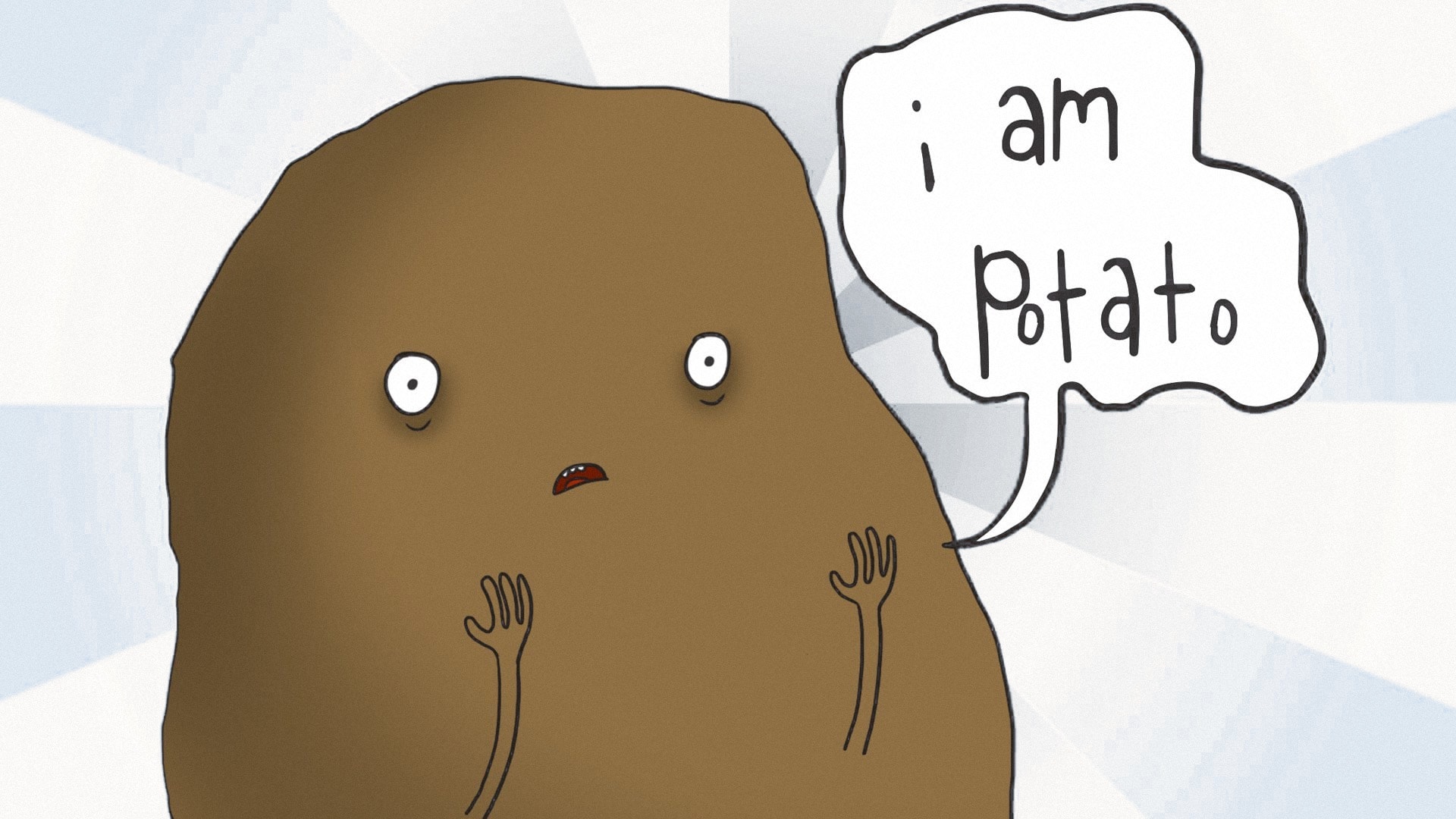Today is another beautiful spring day in Vancouver and I walk down the street through eddies of cherry blossoms caught on the breeze. On days like this, I live happily in the aftermath of Easter. I love Easter. In fact, I find Easter in Vancouver the culmination of everything physically and symbolically awesome and I feel just a little bit sad for those in the southern hemisphere where the cherry trees and all the hosts of spring flowers don’t provide such a perfectly timed object lesson of new life and resurrection.
It often feels like the entire season from Ash Wednesday to Easter is about expectation. Lent is a season of preparation and anticipation leading up to Palm Sunday. There is rejoicing then, but it’s tempered with the knowledge of the coming Good Friday. And then Easter! Trumpet fanfare! My favourite Easter Hymn proclaims, “Thine be the glory, risen conquering Son,/ Endless is the vict’ry, thou o’er death hast won.” In the those glorious Easter morning moments, every fibre of my being feels that Christ’s victory is also mine, that I too am restored and glorified and that my dry bones will live.
And yet sometimes, after Easter is over, I am left feeling that the victory is academic. I don’t feel it afresh in my experience. The celebration of his resurrection has not transformed me as I expected. I had hoped that in my participation in in the preparation of Lent, in Good Friday, in Easter Sunday, God would somehow break into my doldrums, and jumpstart my slowness of heart. But things carry on the same.
And disappointed expectations take me to my favourite story in the New Testament, the two travellers on the road to Emmaus.
Cleopas and his unknown companion have left the disciples in Jerusalem to walk the seven miles to the town of Emmaus. They are still reeling over the brutal and incomprehensible death of their Lord and they can’t begin to make sense of the news that the women ran excitedly to tell them that morning. What was it the angel had asked them, “Why look for the living among the dead?”
And so despite the women’s report, despite the empty tomb, they leave Jerusalem, full of sadness.
My vision, like the two disciples, is often so constrained that in looking for the redeemer I expect, I miss the relationship with the one who is walking beside me.
As they walk down the road, Jesus himself joins them, only they don’t recognize him. Why? The text says that they were kept from recognizing him. It is like this with many of his disciples after the resurrection, Mary in the Garden, the fishermen by the lake. We can’t know why – maybe they were preoccupied with sorrow or maybe Christ’s glorified form was different. For whatever reason, Jesus joins their conversation incognito.
And when he begins by asking what they have been talking about, Cleopas answers with the equivalent of “where have you been? How can you not know what has been happening in Jerusalem?”
And as he tells this stranger about the trial and death of Jesus, we begin to understand the reasons for his sadness. You can almost hear the sigh that precedes the telling statement, “But we had hoped that he was the one to redeem Israel.” There is something so tragic about this past perfect tense. They had hoped, but did so no longer. Their expectation of salvation, of deliverance could not withstand the reality of suffering and death.
In response to this sorrow and disappointment, the stranger on the road chides them, “O foolish ones, and slow of heart to believe all the prophets have spoken.” And he takes them back to the scriptures and traces the thread of God’s grace throughout.
And they were rapt. Don’t go! Stay with us; have dinner with us. Stay.
And though they didn’t recognize the significance of his broken body, they do recognize him as he breaks the bread. And as he vanishes from their sight, they turn to one another and say, “didn’t our hearts burn within us.”
And this is my expectation for Easter – my heart to burn at the presence of Jesus, as I walk on the road and as I sit down to eat.
Yet sometimes, despite understanding the great reality of Easter morning, I continue to walk along the road like these two disciples, heavy hearted, not recognizing that the object of my desire is walking with me. In Your God is too Safe, Mark Buchanan observes, “The heart condition of these disciples is twofold: slow and burning. That is a strange affliction – and common. One definition of Christ’s followers might be “those of the slow, burning heart”. Sorrow and hope, awe and self-pity, wonder and worry, belief and doubt all mix loosely in us, tugging us one way, jostling us another. Jesus walks the road with us. But we can look straight at Him and not recognize Him.”
I think that often I don’t recognize Jesus because I am looking for the wrong person. My expectations are misplaced. Like Cleopas, I say with a sigh, “But I had hoped… “ I had hoped that Jesus would provide this or that; the perfect job, the longed-for relationships. I had hoped for a saviour who will transform me all at once without all the messy doubts, stalls and failures. But the saviour I want in these moments is always a smaller and safer one than Jesus is in reality. My vision, like the two disciples, is often so constrained that in looking for the redeemer I expect, I miss the relationship with the one who is walking beside me.
While I see some of my own sadness and struggle in these two disciples, I am also tremendously encouraged by the ending of the story. Jesus didn’t leave them to in their disappointment and lack of understanding. He showed up. He walked with them. He illuminated the Scriptures; shining new meaning on words that they probably thought they already understood. When they ate supper with him, when they saw him break the bread, they were filled with joy because they understood Jesus was alive and was here with them.
And at the moment of recognition, Jesus was gone.
I can’t be sure, but I imagine that this moment of absolute clarity, of burning hearts, sustained them later on. I bet that on another day, on another road, when they were discouraged and Easter Morning felt pretty far away, they remembered that feeling. They remembered that Jesus walked with them and ate with them, and their slow hearts began to burn again.




